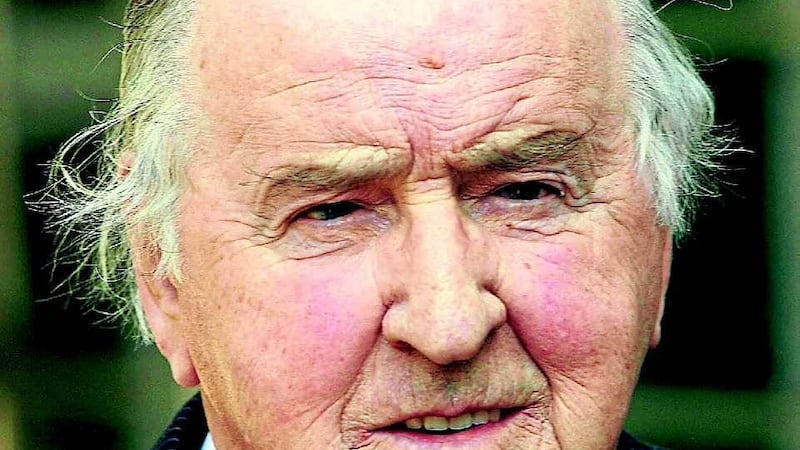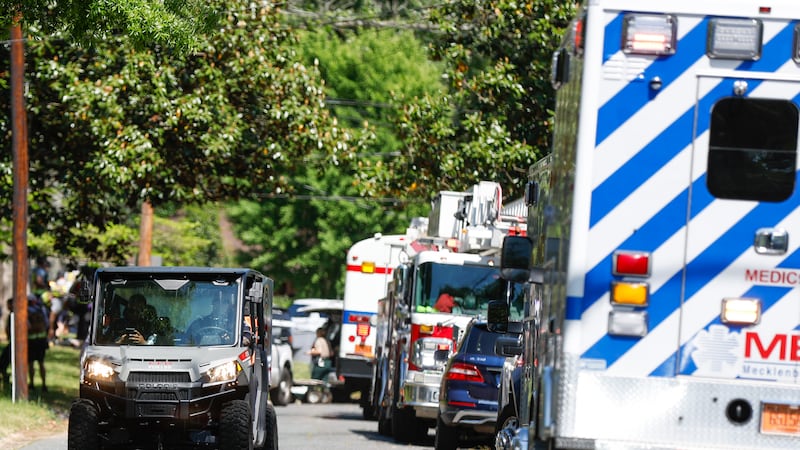FORMER taoiseach Albert Reynolds is suffering from the late stages of Alzheimer's and requires 24-hour care, his family has said.
The former Fianna Fail leader, now aged 81, was notably absent from recent events marking the 20th anniversary of the Downing Street Declaration, cosigned by Mr Reynolds and his British counterpart Sir John Major.
His son Philip yesterday confirmed that the onetime political leader was in the "very late stages" of Alzheimer's disease and had lost the ability to converse with people.
Speaking to Shannonside Radio's Joe Finnegan, Mr Reynolds said that the seriousness of his father's condition had dictated his absence from the anniversary events.
He was instead represented by his wife Kathleen.
"Right now he's pretty bad. A sure sign of that is when you see that my mum was representing him last week," Mr Reynolds said.
He said his father, who succeeded Charles Haughey as taoiseach in 1992, first started showing signs of memory loss five years ago.
Mr Reynolds said that while his father still received visitors and might give the impression he recognised them, he would not remember them afterwards.
In 2008 the public was taken by surprise when it emerged that Mr Reynolds would not be called to give evidence to the Mahon Tribunal on planning irregularities after the inquiry heard he was suffering from a "serious cognitive impairment".
His son said yesterday that many people had thought his father had been "trying to dodge something but he was actually in the early stages of Alzheimer's".
During a 2009 interview with RTE's Ryan Tubridy Mr Reynolds had confirmed that his "Dad's memory is not all that it was.
"Even at the age of 77 one would expect that the memory is not what it should be but his is a good deal worse than that unfortunately," he said.
That year, Albert Reynolds's autobiography revealed that when he first became taoiseach he was committed to achieving peace in Northern Ireland and quickly set in train a process of communication with loyalist and republican paramilitaries.
He also travelled secretly to the Shankill Road in a bid to persuade the UVF leadership to agree to a ceasefire. His work would pave the way for the 1998 Good Friday Agreement.


